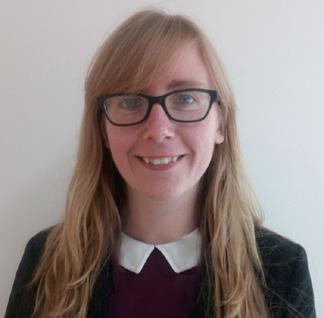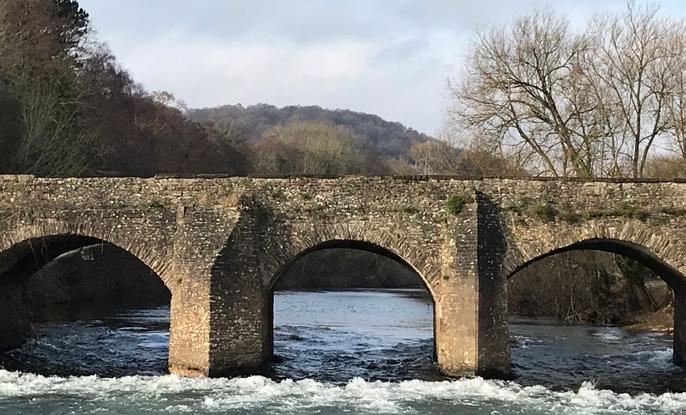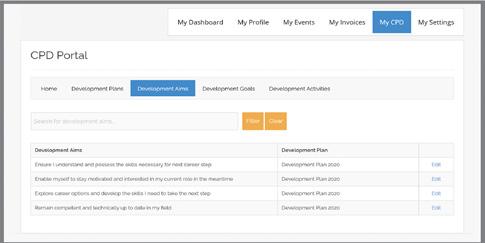ENVIRONMENTNEWS
SIX REASONS NOT TO BECOME PROFESSIONALLY REGISTERED Every quarter you open the Magazine, glance at ‘Environment News’, see something about professional registration, glaze over, and move on. It’s not for you, for lots of reasons. But maybe you feel a twinge of ‘Should I be thinking about it?’ and wonder whether perhaps you should? So, to make you feel better here’s six reasons why you should not become a Registered Environmental Technician or Practitioner, or a Chartered Environmentalist.
1. I’m not an environmentalist. These registrations aren’t for me. You’re right: your job doesn’t involve planting trees or counting newts. But you do work in the water sector, which has two main purposes: looking after the needs of customers and protecting and improving the environment. Regardless of what your job title is, you are contributing to those objectives. If you are a Works Technician, Network Engineer, Asset Specialist, Process Controller, Project Engineer, Sales Manager, Safety Adviser or Chief Executive there is someone like you who has decided that it is for them. As have lots of other people with an incredibly wide variety of job titles.
2. What’s the point? I’m fine as I am. Maybe you are. Or maybe you’re not… Professional registration demonstrates to your employer (and to future employers) and your peers that your competence has been independently assessed, and that you have a commitment to continuing professional development. Without it, how can you show that you have progressed and developed throughout your career?
3. I haven’t got time to apply. At first sight, the application process can look a little daunting. But once you get into it, it’s straightforward, because it’s you writing about the thing you know best: yourself.
4. I don’t know anyone who could guide me on what to do.
6
instituteofwater.org.uk
You’re in the Institute of Water. One of its greatest strengths is that there is plenty of help available on professional registration. Sarah Dunn in Head Office is your first port of call, and she will be delighted (she will – I’ve asked her!) to guide you through the process, and help you find someone to support you.
5. OK, maybe I could, but I’m not good enough. Really? Stop and think about what you do. Going through the application process is a great way to think about your knowledge, skills and strengths, and also to identify where you know you need further professional development. Working through the attributes for the different types of registration will help you to realise that there is one for you.
6. I’m already a Chartered Engineer/ Scientist – that’s enough for me. OK, if you say so. But unless you’ve been asleep for the past few years you can’t fail to have noticed that the word ‘environment’ seems to be cropping up more and more. Mainly because we’re
having more impact on it today than at any time in human history, and are now recognising the value of a healthy environment to support humanity. As a Chartered Engineer or Scientist you have a crucial role to play, and how better to demonstrate your awareness and competence than by becoming a Chartered Environmentalist? And to make it easier for you, we have agreed with the Society for the Environment a streamlined process, because your existing chartership means that you’ve already proved your competence for many of the key criteria. No excuses! You’ve read this far, thank you, and might well have recognised the six reasons why you shouldn’t become professionally registered. However, there’s lots of reasons why you should. Just ask anyone who already has those letters after their name, and the sense of pride that came with getting the certificate… Professor Ian Barker FIWater, CEnv Vice President Environment








